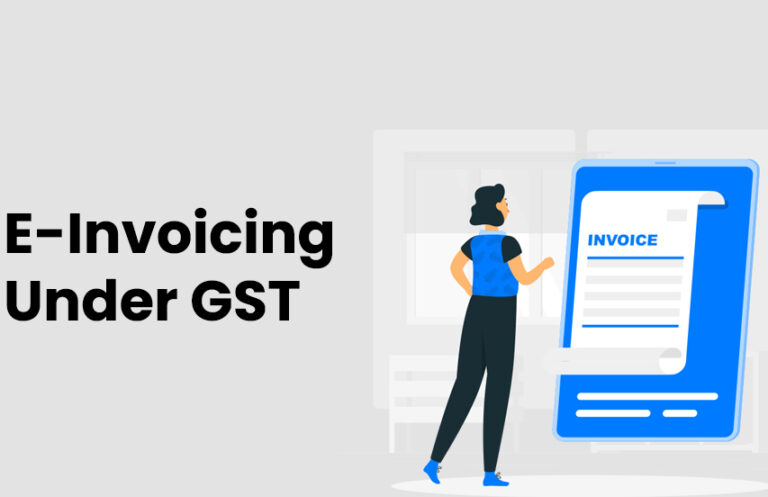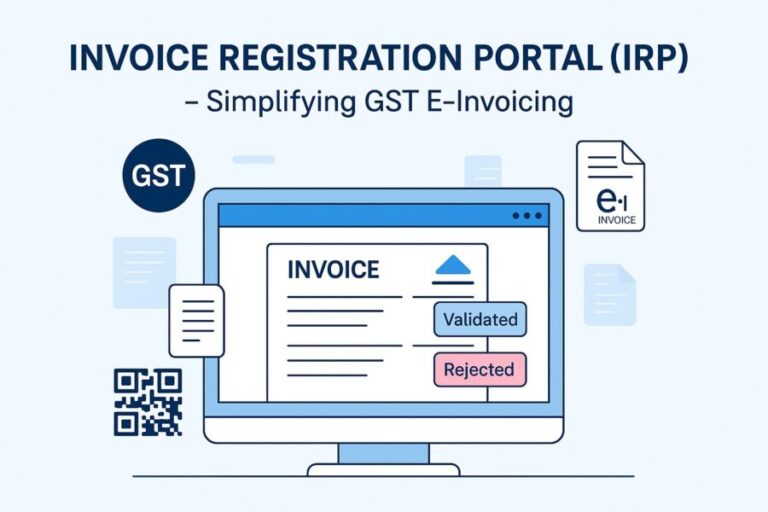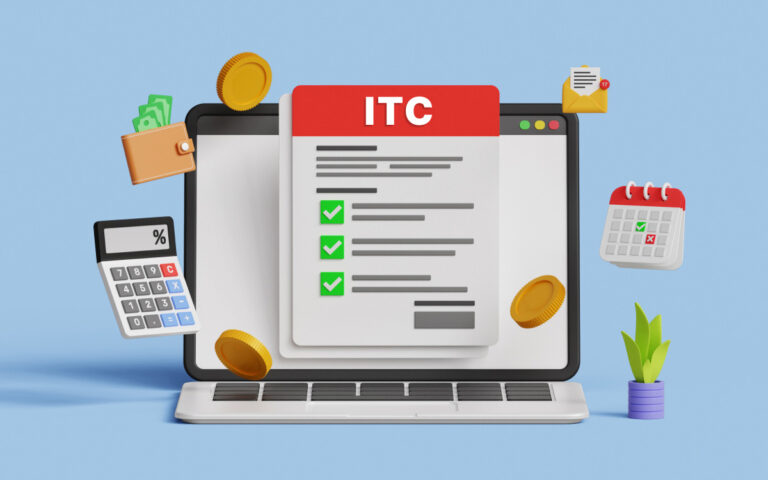Artho Shots
400 Words to Sharpen Your personal finance Skills

#420 – How GST Affects Cash Flow Management
Since its rollout in 2017, GST has reshaped cash flow management for Indian businesses. While seamless Input Tax Credit (ITC) and digital compliance promised efficiency, realities like blocked ITC, reverse

#419 – How e-Invoicing Works Under GST
E-invoicing under GST has changed how Indian businesses generate and report invoices. It brings automation, transparency, and faster compliance. Introduced to reduce tax evasion, this system connects invoices directly with

#418 – What Is Invoice Registration Portal (IRP)
Invoice Registration Portal (IRP) is the backbone of the GST e-invoicing system. It helps businesses generate and validate invoices digitally. Introduced to curb tax evasion, IRP improves transparency and compliance.

#417 – How GST Replaced Indirect Taxes
GST in India marked a turning point in the country’s tax history. It replaced a complex web of indirect taxes with a single, transparent system. Before 2017, businesses and consumers

#416 – Zero-Rated, Exempt, and Nil-Rated Supplies in GST
Three terms that confuse every GST taxpayer: zero-rated, exempt, and nil-rated supplies. They all mean “no GST charged on invoice”, but their impact on Input Tax Credit (ITC) and compliance

#415 – Exempted Supplies Under GST
GST exempted supplies under GST are crucial for taxpayers, businesses, and consumers to understand. These supplies are transactions where no GST is charged. They help lower costs on essential goods

#414 – GST vs VAT: What Changed After GST
Before July 1, 2017, India had a complex indirect tax system dominated by Value Added Tax (VAT) at the state level, along with excise, service tax, CST, and multiple entry

#413 – ITC for Exporters and Zero-Rated Supplies
Exports and zero-rated supplies are the backbone of India’s $778 billion export economy (FY 2024-25). GST treats them as zero-rated, meaning exporters can claim 100% Input Tax Credit (ITC) without

#412 – What Is GSTR-1 and GSTR-3B
What is GSTR1 and GSTR3B is one of the most common questions among Indian taxpayers under GST. These two GST returns play a critical role in compliance, tax reporting, and